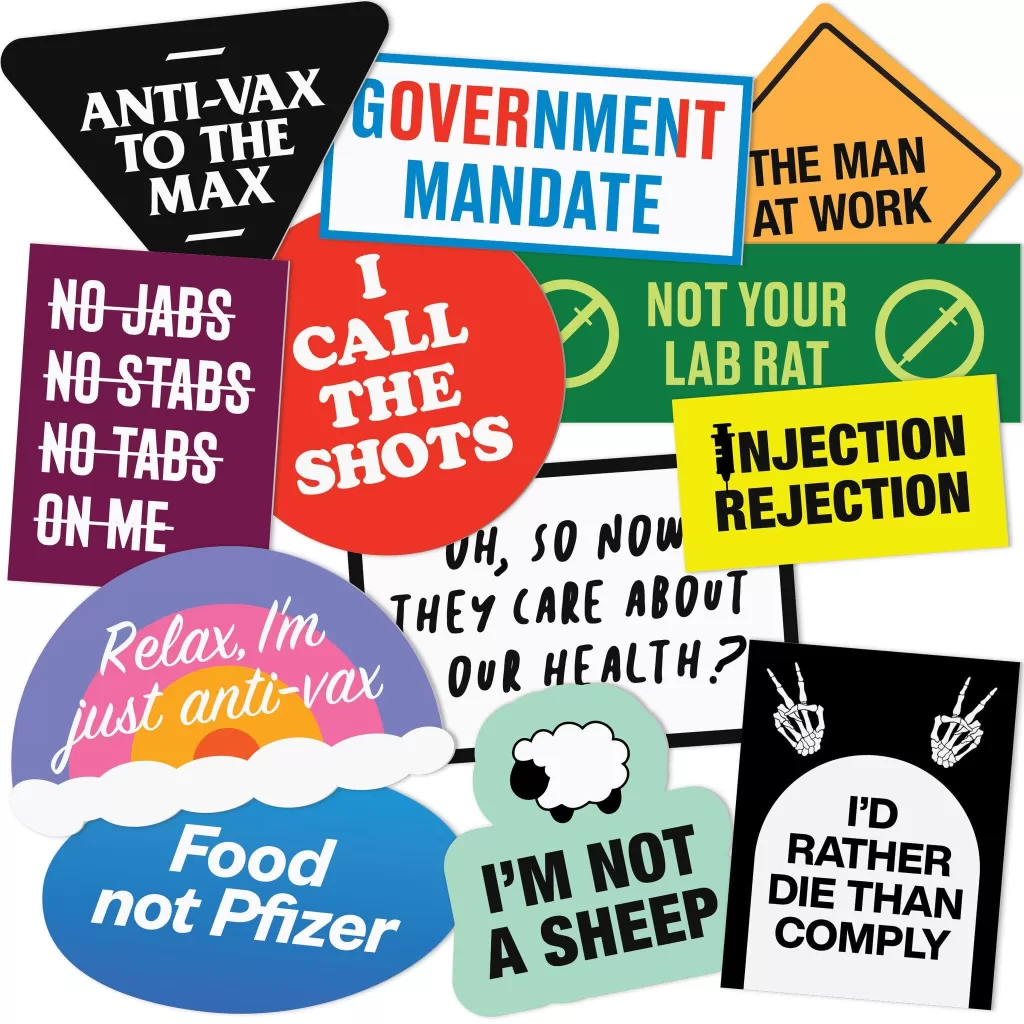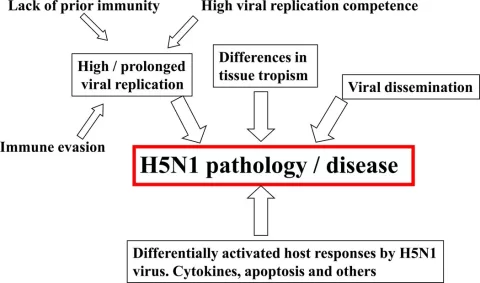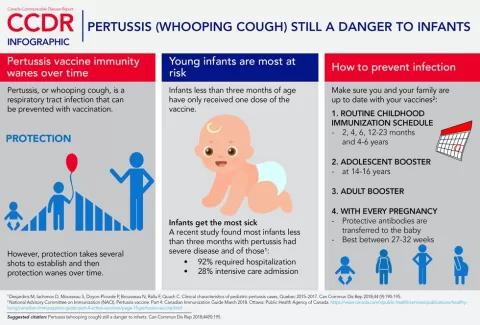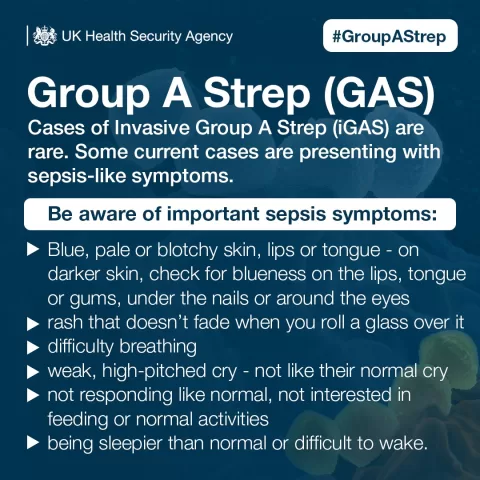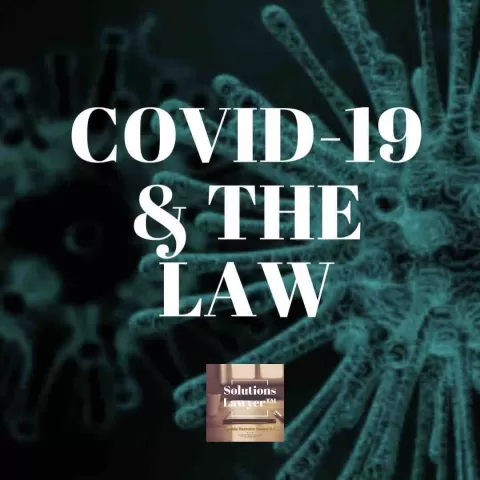Vaccine trust remains a critical factor in public health discussions, particularly in the wake of ongoing debates surrounding COVID vaccines. Recent surveys indicate a noticeable shift in trust in vaccines, particularly the confidence people have in information from government health agencies. Polls reveal that trust in vaccines tends to reflect partisan lines, with many Democrats’ confidence in vaccine safety waning, while Republican trust is on the rise. This growing partisan divide on vaccines underscores the importance of reliable vaccine safety information and its implications for public health initiatives. Ultimately, fostering trust in vaccines is essential to ensure that communities are prepared to respond to health crises effectively.
The concept of vaccine confidence is increasingly relevant as public perception influences health outcomes. This trust, or lack thereof, in immunizations directly affects the public’s willingness to accept vaccinations offered by health authorities. As issues like the reliability of government health agencies come into play, it’s clear that people’s views are often colored by their political affiliations. Engaging with community members about vaccine safety and addressing misinformation is crucial in bridging any divide that may exist on this topic. Ultimately, enhancing trust in vaccinations will pave the way for healthier populations and more robust public health responses.
Understanding Vaccine Trust: A Shifting Landscape
In recent years, vaccine trust has become a hotly debated topic, especially in the light of altering sentiments toward government health agencies. The KFF poll highlights a significant change in trust levels along partisan lines, indicating a troubling development in how different political groups perceive vaccine information. Trust in vaccine safety information coming from government sources is crucial in fostering public confidence, but these recent shifts suggest that many may be reevaluating their sources as leadership changes unfold in health agencies.
This polarization is concerning because effective vaccination campaigns rely on widespread public trust. According to the poll, Democrats have reported a notable decline in trust towards government health agencies, whereas Republicans have increasingly placed their faith in these entities. This partisan divide not only affects confidence in vaccines but also complicates the public health narrative, suggesting a need for tailored communication strategies that meet the varying concerns of both sides.
The Impact of COVID Vaccine Confidence on Public Health
COVID vaccine confidence is paramount in the ongoing fight against infectious diseases, yet current polling shows a precarious balance of opinions. While a substantial majority of adults maintain some degree of confidence in routine vaccines, the perception of COVID vaccines, specifically, remains polarized. Only about 56% of adults express confidence in the safety of these vaccines, indicating a potential obstacle in achieving herd immunity.
Within this context, it is essential for health agencies to address the roots of this skepticism. Misinformation, particularly around mRNA vaccine safety—widely circulated myths claiming that these vaccines can alter DNA—has significantly influenced public perception. The tendency for Republicans to believe these debunked claims highlights a need for evidence-driven communication that emphasizes transparency and builds trust in vaccine safety.
Navigating the Partisan Divide on Vaccination Information
The partisan divide on vaccine trust reveals a striking difference in how individuals perceive sources of vaccine information. While both Democrats and Republicans generally trust their pediatricians, differences emerge when considering other channels of information. Democrats tend to favor local health departments and scientific bodies, while Republicans often look to political figures like Donald Trump for guidance on vaccine safety.
This situation poses a challenge for public health officials striving to unify the population around vaccination efforts. To effectively convey trust in vaccines, it may be necessary to engage trusted influencers from both sides of the aisle, ensuring that information is disseminated in a manner that resonates with both Democrats and Republicans. Building a coalition of trusted voices may bridge the gap in vaccine confidence.
Assessing Vaccine Safety Information: Who Do We Trust?
The KFF poll highlights that when it comes to vaccine safety information, individual health care providers, such as doctors, command the highest trust levels across ideological lines. This finding underscores the importance of personal relationships in the healthcare landscape and suggests that efforts to boost vaccine acceptance should leverage direct communication between healthcare providers and their patients.
It is noteworthy, however, that a significant percentage of individuals, particularly those outside the Democratic base, display skepticism towards other sources, including government health agencies. The challenge lies in enhancing the credibility of these institutions by reinforcing their commitment to science-based decision making, especially as trust in organizations like the CDC and FDA has dwindled among Democrats.
Confidence in Health Agencies: A Declining Trend
The poll indicates a concerning trend in confidence levels regarding government health agencies, with the majority of respondents expressing skepticism about entities like the CDC and FDA fulfilling their core missions. This decline is particularly pronounced among Democrats, who have exhibited a notable drop in trust since 2023. If health agencies wish to regain public confidence, they must actively demonstrate their commitment to scientific integrity and transparency.
Restoring trust is essential not only for vaccine acceptance but also for the overall effectiveness of public health initiatives. As seen in the poll, many believe that government agencies are influenced by external pressures rather than adhering strictly to scientific methodology. Addressing these perceptions and reinforcing a narrative focused on science will be critical in bridging the trust gap.
Challenges of Vaccine Communication Amidst Changing Public Sentiments
The changing sentiments surrounding vaccines necessitate a re-evaluation of vaccine communication strategies. Public trust in vaccines fundamentally depends on clear, transparent, and science-based messaging from health officials and government agencies. However, as trust continues to wane, especially among Democrats, the need for a more nuanced communication strategy has never been more pressing.
To combat misinformation and restore trust, health officials must prioritize engagement with diverse community leaders and influencers who can effectively relay accurate vaccine safety information. By fostering community-based dialogues centered on trust, public health initiatives could elicit a stronger, unified response from varying demographic groups.
The Role of Misinformation in Vaccine Trust Erosion
Misinformation plays a pivotal role in the erosion of vaccine trust, particularly surrounding the COVID vaccine. The dissemination of false claims—such as the erroneous belief that mRNA vaccines can alter an individual’s DNA—can severely affect public perceptions and undermine confidence in vaccine safety. This challenge underscores the necessity for health agencies to prioritize fact-checking and countering myths with credible research.
Addressing misinformation requires collaborative efforts across political divides, ensuring that all messaging remains consistent and scientifically sound. By targeting misinformation that has disproportionately influenced Republican sentiments toward the COVID vaccine, public health officials may be able to reverse trust deficits and bolster vaccine confidence.
Emphasizing Science in Vaccine Decision-Making
Strikingly, a significant portion of Democrats and a considerable share of Republicans believe that health agencies are not adequately adhering to scientific principles in their decision-making processes. This belief raises the question of how public health entities can enhance their credibility regarding vaccine-related decisions. A reassessment of decision-making protocols, prioritizing science over politics, is essential in rebuilding trust.
By reaffirming their commitment to evidence-based practices, health agencies can begin to mend the fracture in public trust. Initiatives such as public briefings led by scientists and health professionals, as well as transparency around vaccine research, will be instrumental in emphasizing that scientific integrity is at the forefront of vaccine decision-making.
Building Vaccine Confidence Through Community Engagement
Community engagement emerges as a powerful strategy for enhancing vaccine confidence. By reaching out to trusted figures within various communities—such as local leaders, healthcare workers, and educators—health agencies can convey essential vaccine safety information in a relatable manner. Tailoring communication to specific cultural contexts is crucial in dispelling myths and fostering a sense of unity around vaccination.
Additionally, interactive forums that encourage open dialogues, where individuals can voice their concerns and seek answers from reliable sources, may help allay fears regarding vaccine safety. Engaging the community not only amplifies trustworthy vaccine narratives but also reassures hesitant individuals that their worries are acknowledged and addressed.
Frequently Asked Questions
What factors influence trust in vaccines among the public?
Trust in vaccines, especially regarding COVID vaccine confidence, can be influenced by various factors, including political affiliation, perception of vaccine safety information, and confidence in government health agencies. Recent polling shows that trust among Democrats has declined while trust among Republicans has increased, highlighting a significant partisan divide on vaccines.
How is trust in vaccine safety information changing in the U.S.?
Recent surveys indicate that trust in vaccine safety information is shifting, particularly in relation to COVID vaccines. Confidence in information from government health agencies has fallen among certain demographics, leading to decreased overall vaccine trust and increased skepticism about vaccine safety.
Why is there a partisan divide on vaccine trust?
The partisan divide on vaccine trust has become more pronounced, particularly since leadership changes within health agencies. Republican respondents have shown increased confidence in vaccine safety messages from figures like former President Trump, while trust has declined among Democrats, particularly in messaging from government health agencies.
How can individuals assess the safety of COVID vaccines?
Individuals can assess the safety of COVID vaccines by consulting trusted medical professionals, reviewing credible vaccine safety information from reputable health organizations, and staying informed about electoral and partisan influences on public health messaging to enhance their COVID vaccine confidence.
What roles do government health agencies play in vaccine trust?
Government health agencies such as the CDC and FDA play a crucial role in building public trust in vaccines by providing vaccine safety information and guidelines. However, recent polling reveals a decline in trust towards these agencies, particularly among Democrats, which can impact overall vaccine confidence.
What is the current public perception of mRNA vaccines?
Public perception of mRNA vaccines is mixed, with some individuals confident in their safety while others are uncertain. Approximately 32% of adults believe mRNA vaccines are generally safe, reflecting a need for improved communication around vaccine safety information to enhance trust in these innovative technologies.
How important is it for communities to address vaccine trust?
Addressing vaccine trust is critical for communities aiming to achieve high vaccination rates and public health protection. Misinformation and varying levels of trust can significantly impact vaccine confidence, making it essential for local health departments and community leaders to provide reliable vaccine safety information.
What strategies can improve COVID vaccine confidence among skeptical groups?
To improve COVID vaccine confidence among skeptical groups, healthcare providers should engage in transparent discussions about vaccine safety, address common myths, and provide tailored information that resonates with these communities’ values and concerns regarding trust in vaccines.
| Key Points | Details |
|---|---|
| Shifting Vaccine Trust | Trust in government vaccine information has shifted along partisan lines, with Democrats losing trust and Republicans gaining trust. |
| Poll Details | The KFF poll was conducted from April 8 to April 15, 2025, with 1,380 US adults, margin of error ± 3 percentage points. |
| Vaccine Safety Confidence | 56% of adults are somewhat confident in COVID vaccine safety, with a stark partisan divide: 87% of Democrats vs. 30% of Republicans. |
| Perception of mRNA Vaccines | 32% believe mRNA vaccines are generally safe; however, misinformation about altering DNA is prevalent among many groups. |
| Trust in Information Sources | Individual doctors are trusted the most; Democrats lean towards local health departments, while Republicans trust Trump and Kennedy. |
| Confidence in Health Agencies | Less than half of respondents trust the CDC and FDA to fulfill their core missions, with declining trust among Democrats. |
Summary
Vaccine trust is a critical issue in public health, particularly as recent polls indicate significant partisan shifts in confidence regarding vaccine information. These shifting perceptions affect public willingness to get vaccinated and influence overall community health outcomes. Trust in health agencies like the CDC and FDA has seen a decline, especially among Democrats, which raises concerns about their efficacy in responding to public health crises. Education and transparent communication could be essential in rebuilding vaccine trust across all demographics.
The content provided on this blog (e.g., symptom descriptions, health tips, or general advice) is for informational purposes only and is not a substitute for professional medical advice, diagnosis, or treatment. Always seek the guidance of your physician or other qualified healthcare provider with any questions you may have regarding a medical condition. Never disregard professional medical advice or delay seeking it because of something you have read on this website. If you believe you may have a medical emergency, call your doctor or emergency services immediately. Reliance on any information provided by this blog is solely at your own risk.



